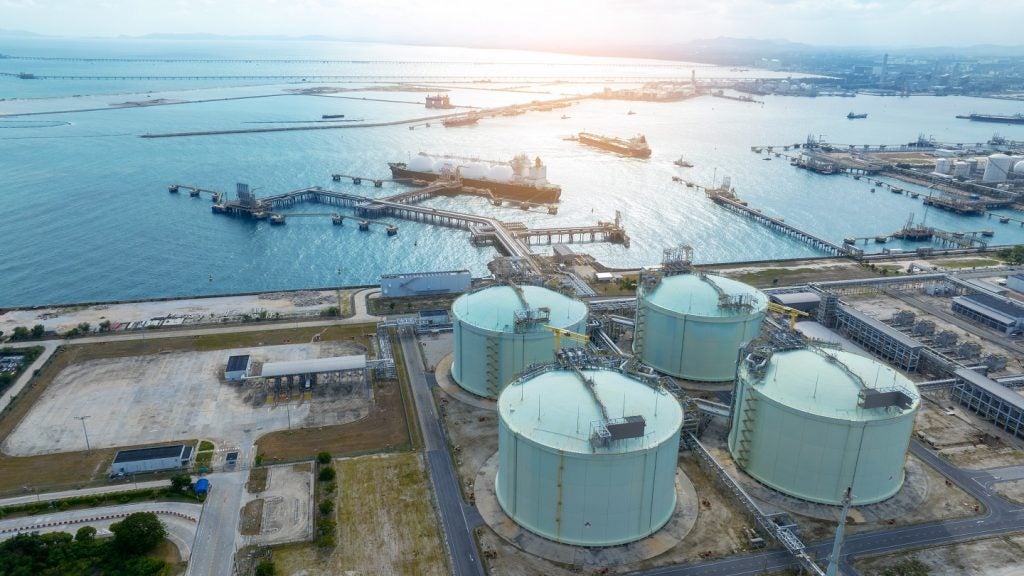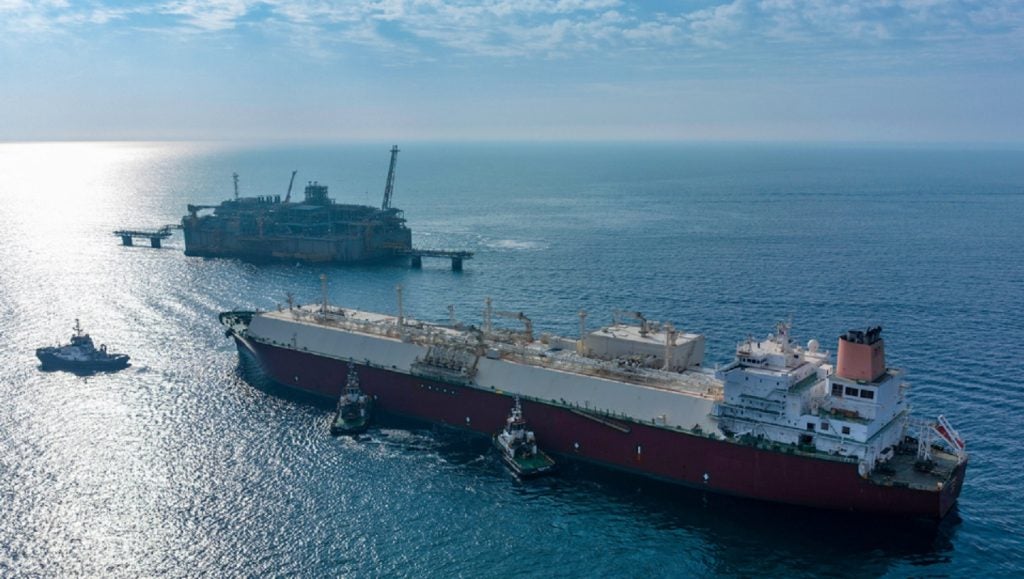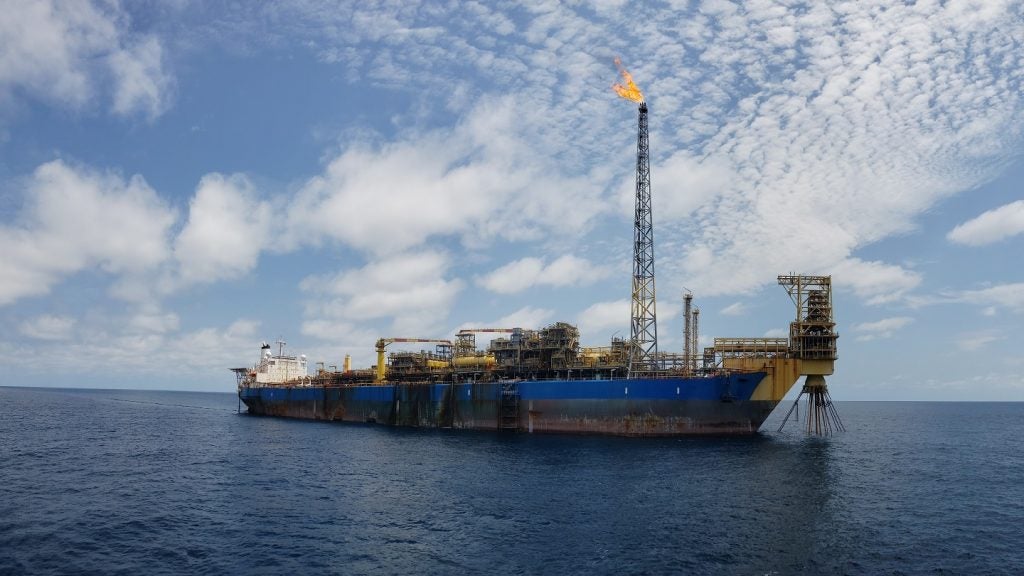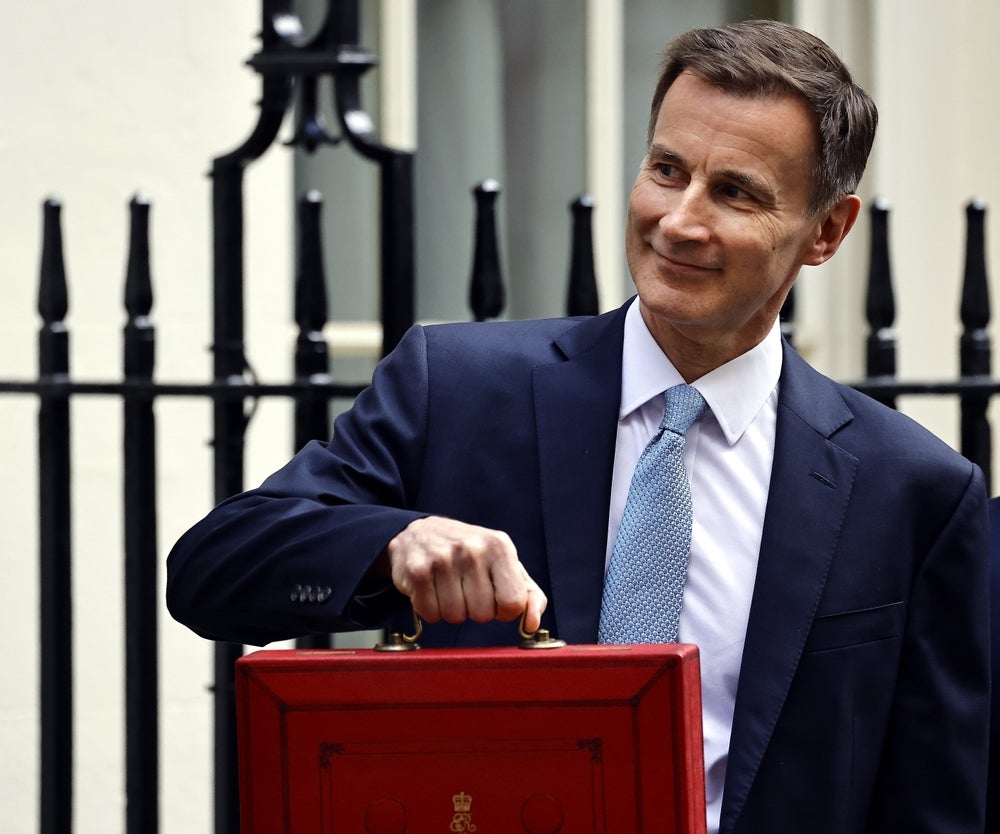Canada’s Energy and Natural Resources Minister Jonathan Wilkinson has stated that the country is not in favour of subsidising future liquefied natural gas (LNG) projects, including the electrification of projects currently underway, reported Reuters.
The country’s federal government has committed to reduce greenhouse gas emissions and requires new LNG proposals to achieve net-zero emissions by 2030.
“The government is opposed to using government money to fund inefficient fossil fuel subsidies… We are not interested in investing in LNG facilities,” Wilkinson was quoted as saying in an interview on CTV.
“That is the role of the private sector. They need to assess the business case and make the investments.”
The minister emphasised the necessity for LNG production to depend on clean electricity to meet these objectives.
Prime Minister Justin has highlighted the economic challenges of exporting LNG from Canada’s Atlantic coast to Europe and the broader need to decarbonise the global energy supply as part of the fight against climate change.
Greece, Germany, and Japan are among the nations that have indicated interest in buying LNG from Canada.
The news comes after the US Government announced a temporary ban on approvals for LNG exports to countries that do not have free trade agreements with the US.
President Joe Biden’s decision, announced in late January, has increased pressure on both British Columbia and the Canadian federal government from environmental groups to implement similar measures.
However, replicating the US’s stance could present political challenges.
Last month, a coalition of 16 states led by Republicans filed a lawsuit against the US federal government.
They argue that the Department of Energy’s (DOE) suspension of LNG export approvals lacks a “factual or legal basis” and could harm the US economy.
The plaintiffs also contend that the ban could impede efforts to decrease the country’s reliance on piped gas imports from Russia.















